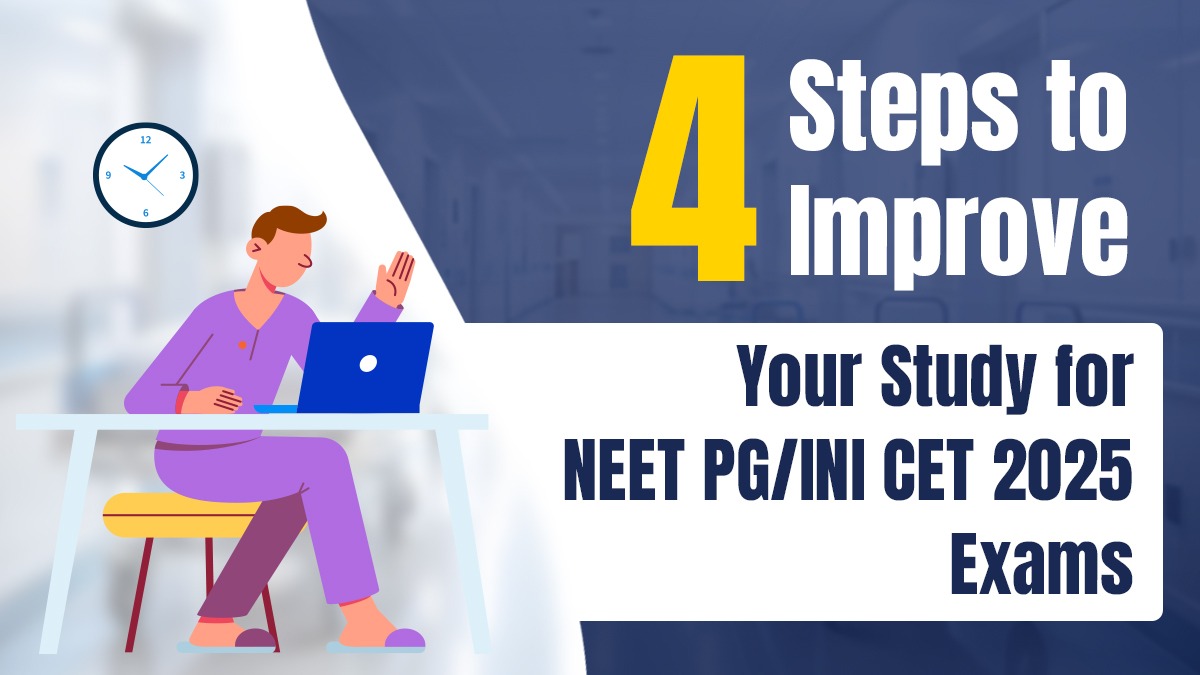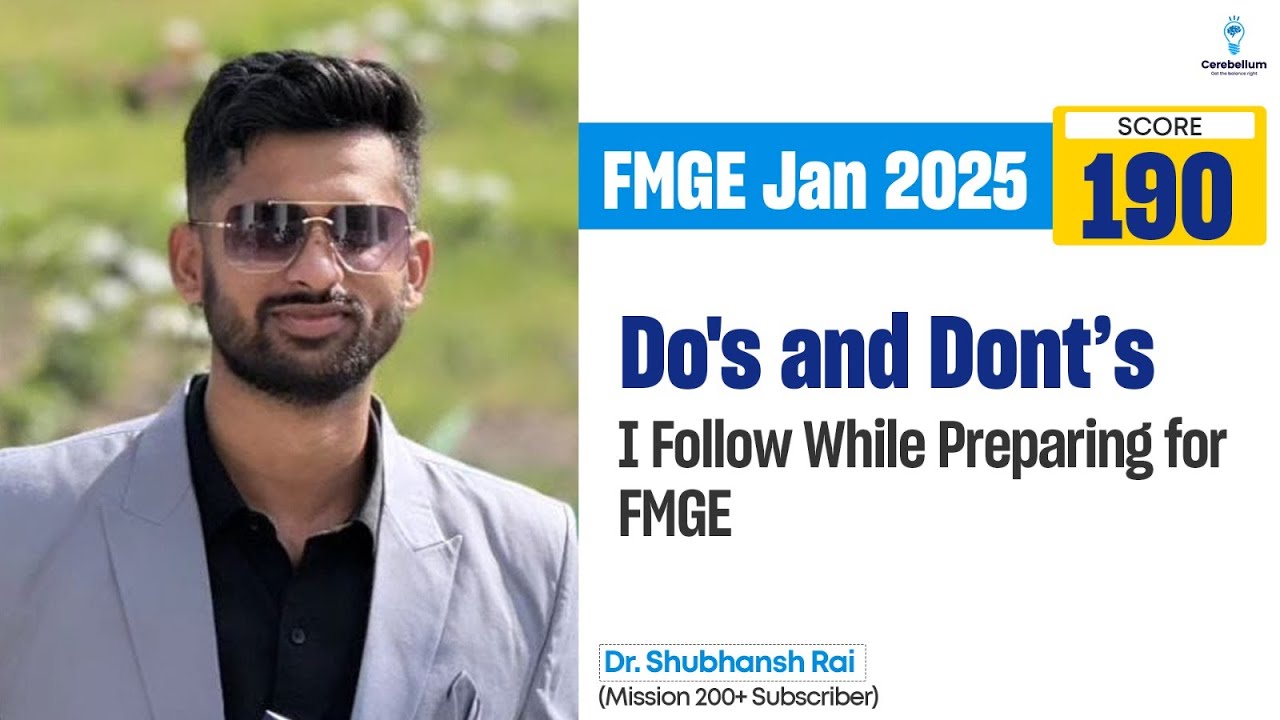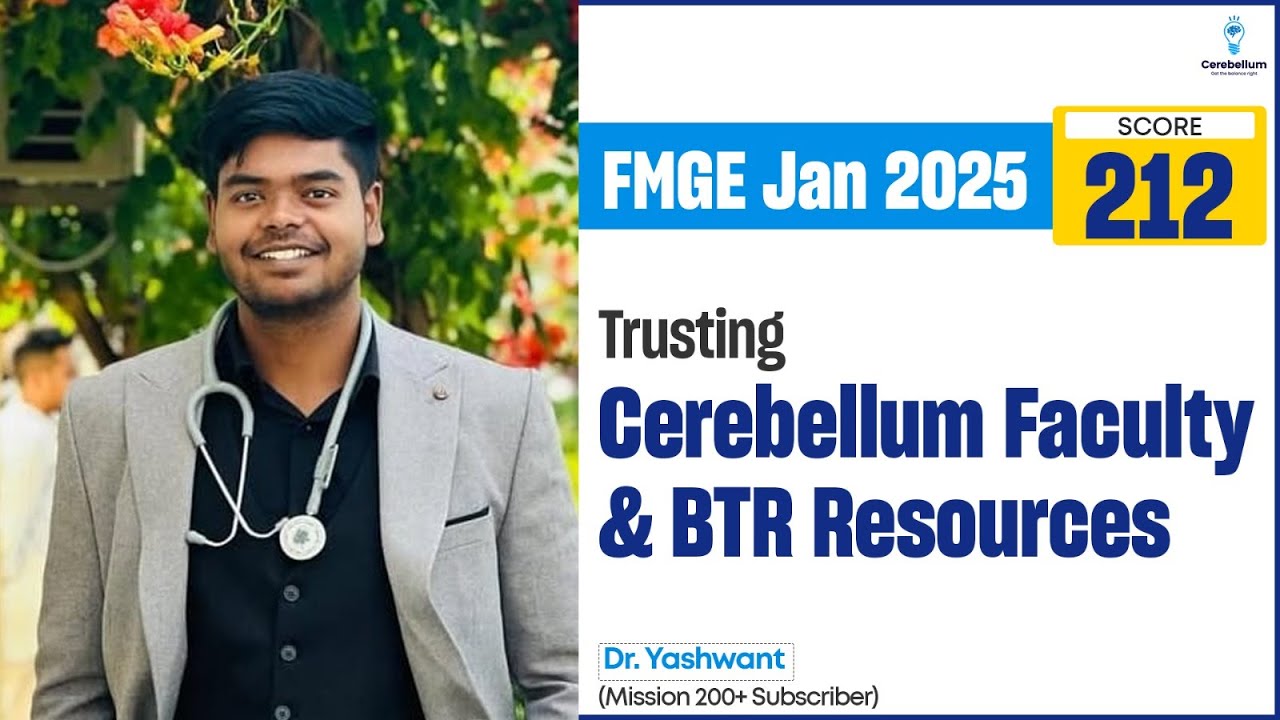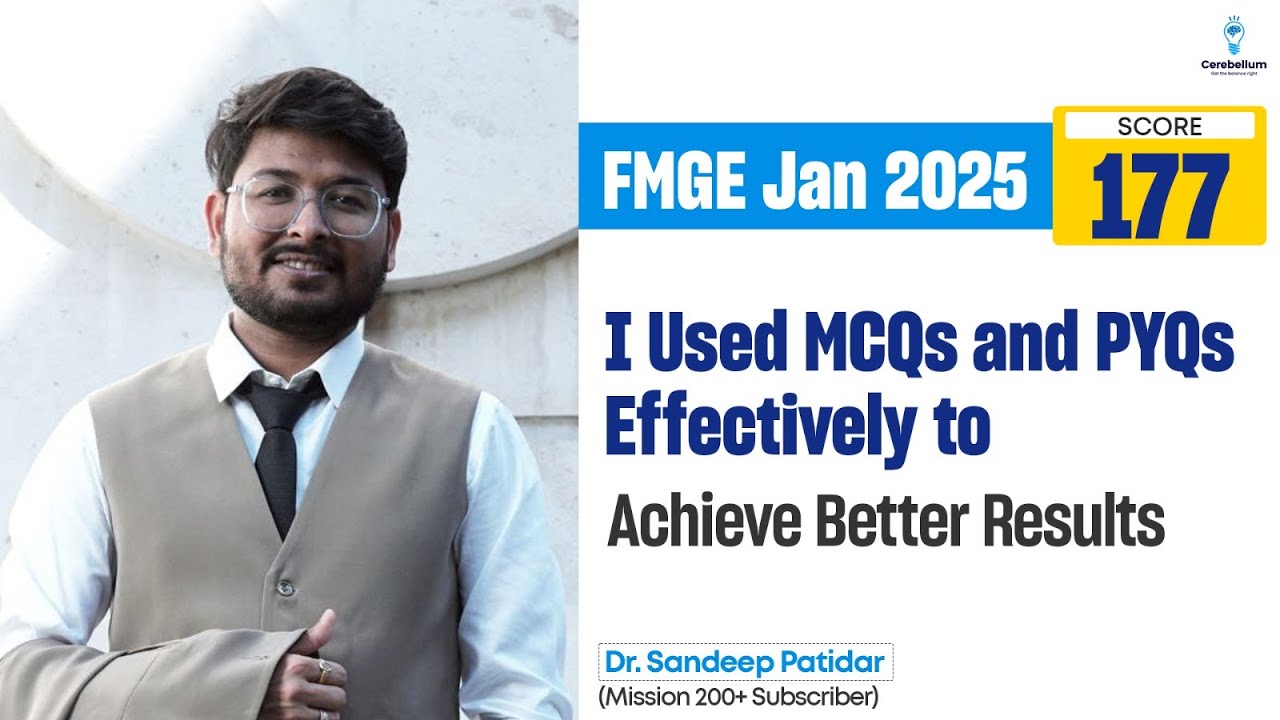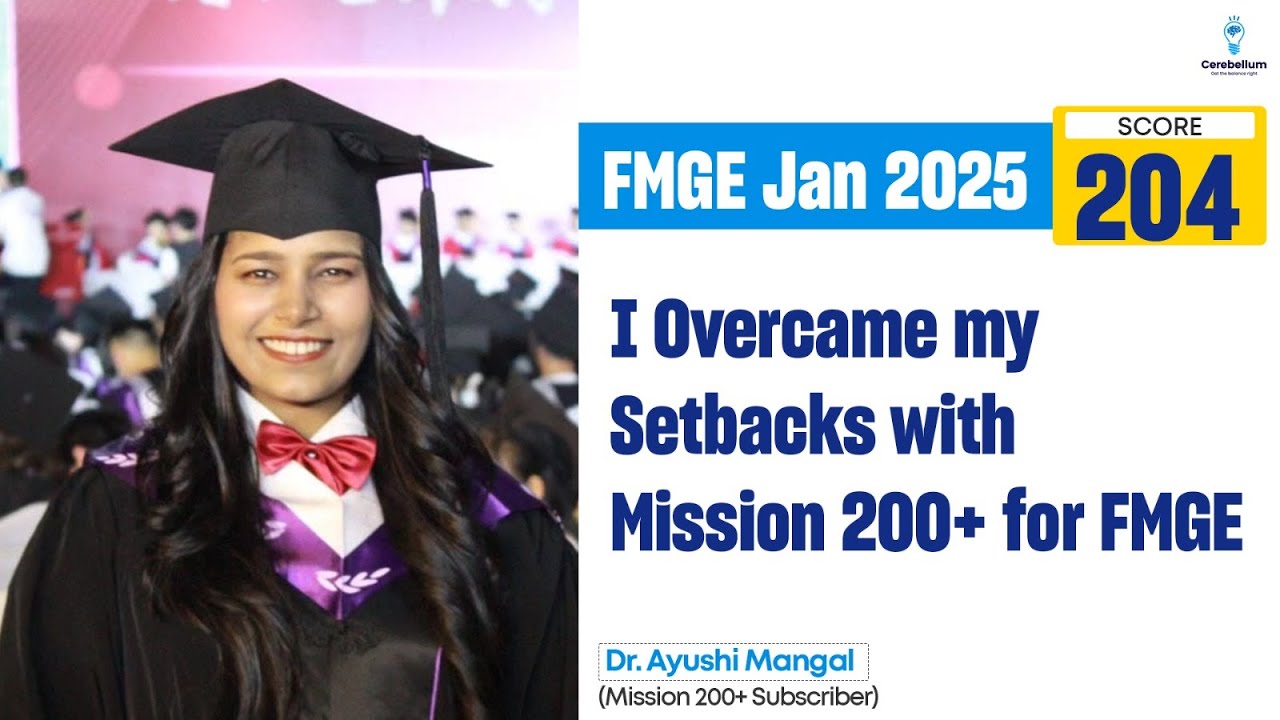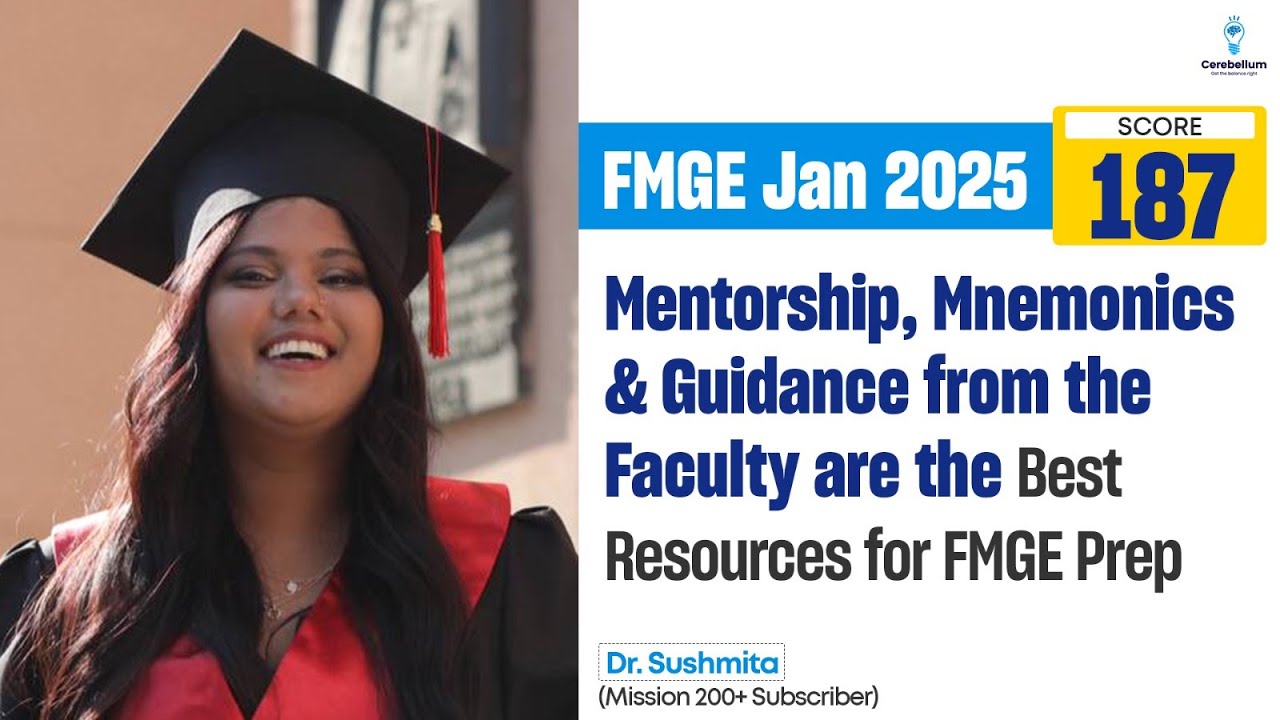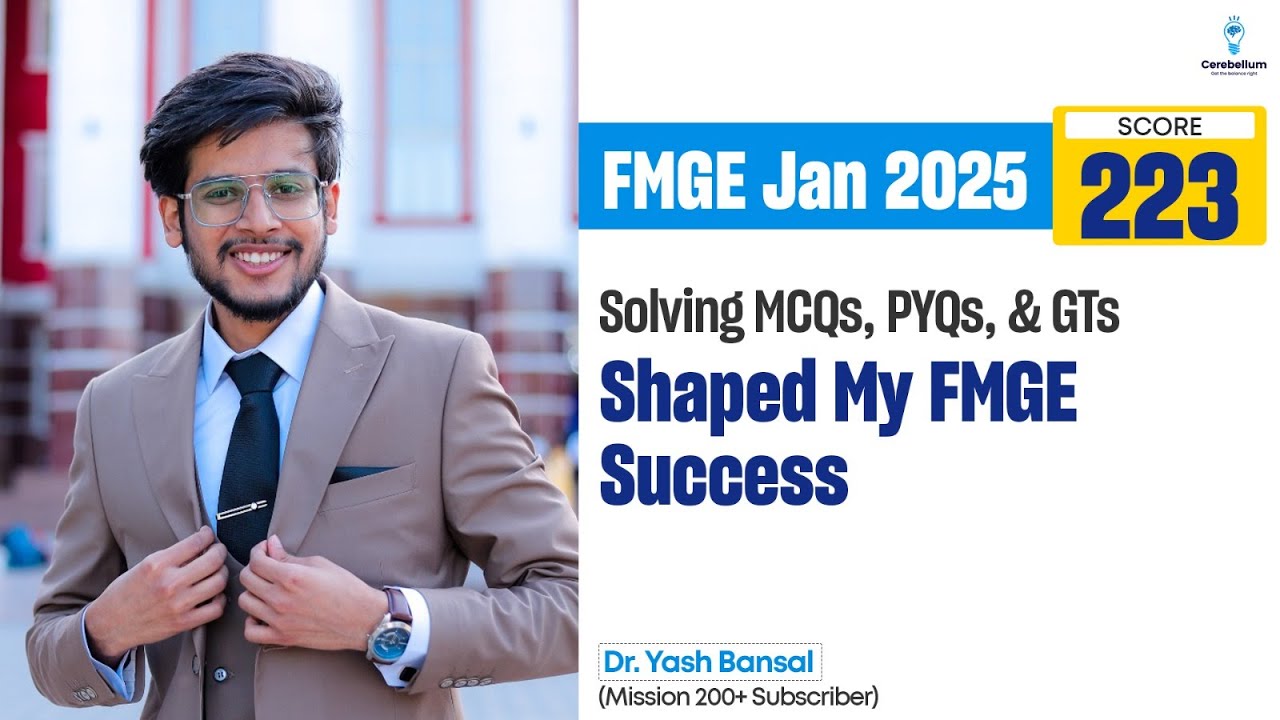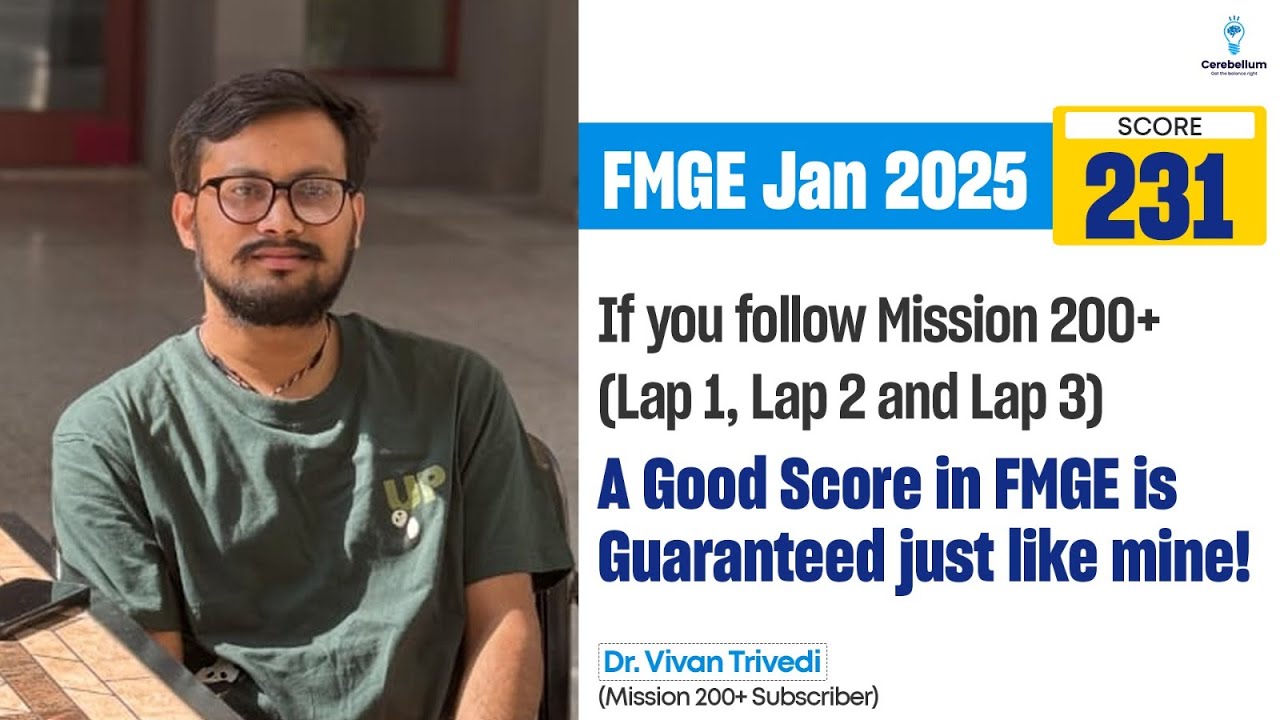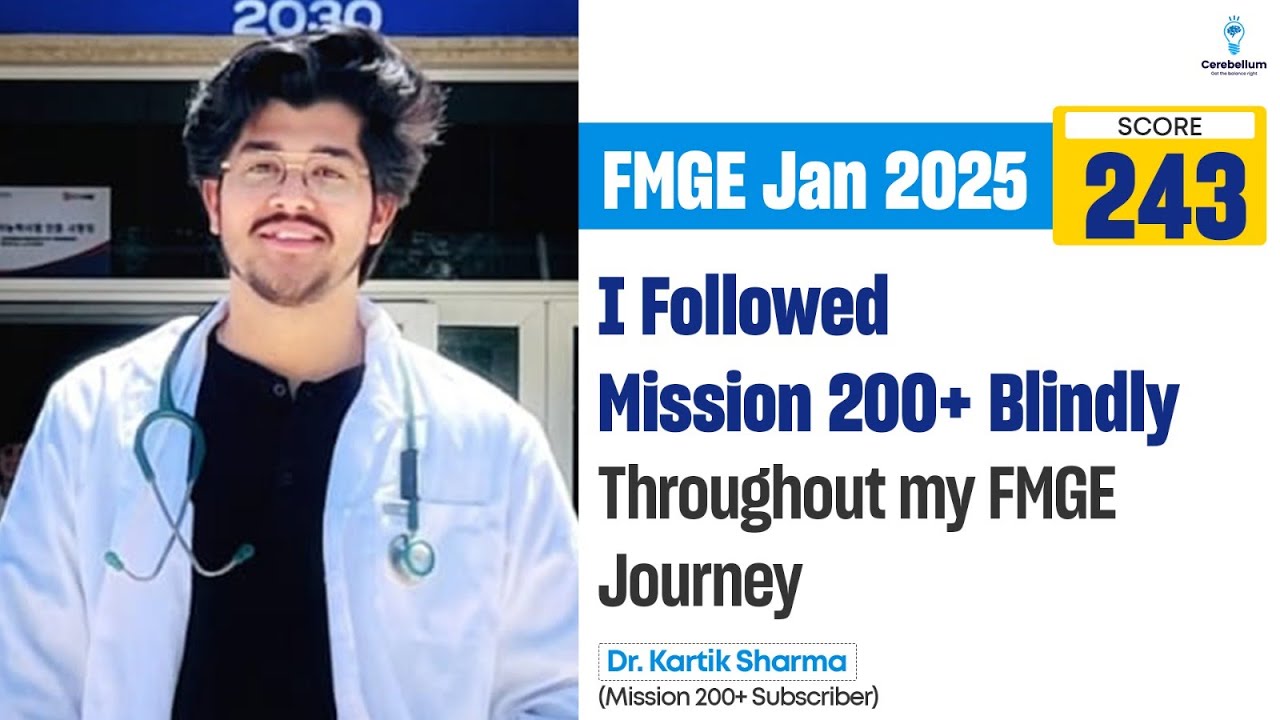Dear students, if you’re preparing for an entrance examination like NEET PG, FMGE or INI CET, take these four concrete steps. It will help you improve your studies’ efficiency and increase your output. What are these steps?
1. Start Measuring Your Bed-to-Book Time
What is this bed-to-book time? The concept is very simple. When you get up in the morning, how early or how fast you get into that study mode has an impact on your entire day. If you get up in the morning, say at 9 o’clock and by 10 o’clock, you have started studying.
In the morning itself, if you start studying, you start feeling good. You feel good about yourself and every study session increases the motivation to study more. In comparison, say you woke up at 8 o’clock in the morning and for the first four hours, you did nothing.
You wasted time on Instagram, scrolling reels and you know, doing all that stuff. By the time you start studying at 12 o’clock, anyway, your mood is down. You’re not feeling so energetic.
So, it’s very important to have the right start to the day. It sets the tone for the day. So, start measuring your bed-to-book time. It should be less than one hour. If you can make it less than 45 minutes, even better. But less than one hour is good. Do start doing this.
Also, advise you that, you know, on a piece of paper or your whiteboard or somewhere, start noting it, right? When you keep an account of what is your bed-to-book time, you kind of become answerable to yourself. You automatically start trying to decrease it.
2. Deep Sessions
When we talk about studies, we focus too much on the number of hours. Students keep on saying, for how many hours you used to study. So, a number of hours is important, no doubt.
But along with a number of hours, the effectiveness of those study sessions is equally important. If you are studying for, if you’re sitting with books or videos or whatever it is for two hours and your mind is wondering, you’re thinking about something else, these two hours do not really matter. But if you’re studying for 45 minutes, but you are completely focused, your concentration is really good, in that case, it does matter.
So, students often overlook the fact that how well were you able to concentrate during that study session is as important, perhaps even more important than the duration of hours that you gave to study. So, this is a concept of deep sessions.
So, the concept of a deep session is, that the deep session is a session when your concentration is almost at its peak and concentration is at peak and there are no distractions. No distractions mean no phone.
You should keep the phone away, right? You should keep the phone in another room. You should keep your phone at some place where you cannot reach out. So, no distractions, no phone, you are studying and if your thought starts to wander, you have to bring it back.
So, this is what is called a deep session. Usually, 45 minutes to 50 minutes is the capability of your brain for really deep sessions and they are tiring also. When we have shallow sessions where we are studying and then talking to friends, then studying, then going on Instagram, then studying and then taking a call, it takes less cognitive, it gives you less cognitive load.
Your brain does not get tired so much. But when you are engaging in deep sessions, it is harder on your brain and it is also more tiring. But deep session is going to get you the best output of your time and whatever you study also gets retained better.
3. What You Don’t Measure, You Can’t Improve?
What you can’t measure, you can’t improve. Unless you measure something, you cannot improve it, right? So, again, this is more about the duration of your studies. This is more about the study hours. Everybody is preoccupied with the concept, of how to increase the number of hours.
One of the easiest ways of increasing the number of hours is to again put a whiteboard in front of you, on your table or you know, just have a look at the piece of paper and paste it on the wall and every day start writing how many hours you study for, you studied for. That feedback really helps you in pushing your limits. Every day you get up and you see that, okay, yesterday it was like 7 hours, today I have to make it 8 hours and then you try to make it 8 hours.
Also, even if you did not study for a single minute, you have to go there and make a big zero on that whiteboard or the piece of paper. See, you would try to avoid it. Automatically, the thought would come that let me leave it.
But that piece of paper is very important. It gives you feedback in real time. It is kind of pushing you. It is a psychological pressure on yourself, put by yourself to increase your efficiency. It works wonders. So, this is the meaning that you cannot improve what you do not measure. If you want to improve it, you have to measure it.
4. Effective disengagement
What is effective disengagement? What you do in the intervening period, when you are taking a break, what you do in that break also helps you a lot.
You have to engage hard during the deep sessions, but you also have to effectively disengage. Again, if you are going into deep sessions, if you are trying to take your concentration to its peak, it is going to be cognitively texting, it is going to put a lot of pressure on your brain. So, you have to give your brain good breaks.
So, if you studied for 50 minutes and now you want to give your brain 15 minutes of break, this 15 minutes of break should be effective. If you go back on the mobile screen and if you again start randomly scrolling and if you start watching some video which is again taking a lot of your attention, it is not that good a way of taking a break. Rather than that, music.
Music helps a lot. Study for 50 minutes and then listen to 3 songs or walk around or do both things. Put a headphone, listen to the music and walk.
So, these are good ways of disengaging or these are good ways of relaxing because your brain can now breathe easily. It gets some chance to recover. So, effective disengagement actually helps you improve the number of deep sessions and also increases the number of hours that you can put in.
Conclusion:
So, these 4 actions, are simple actions, there is no rocket science involved here. These techniques have been there for decades. People have been using it for decades. They have been in multiple books but you can use these techniques to your advantage. Also, students, apart from these 4 things that you can do, remember the golden rule that you have to take the preparation to the last day.
This is like the mantra for getting successful in an entrance examination. As the NEET PG exam comes closer, the pressure and anxiety increase. A lot of people stop studying and start getting the thought that it is no longer possible and they keep dropping out of the race. Please don’t let that happen to you.
Also, remember, there will be difficult days, there will be tough days, and there will be days when you will not be able to study as well. That happens to everybody. It’s okay. Bad days would come and go. It’s okay. You just have to keep moving forward. Take the preparation to the last day and half the battle is won.

